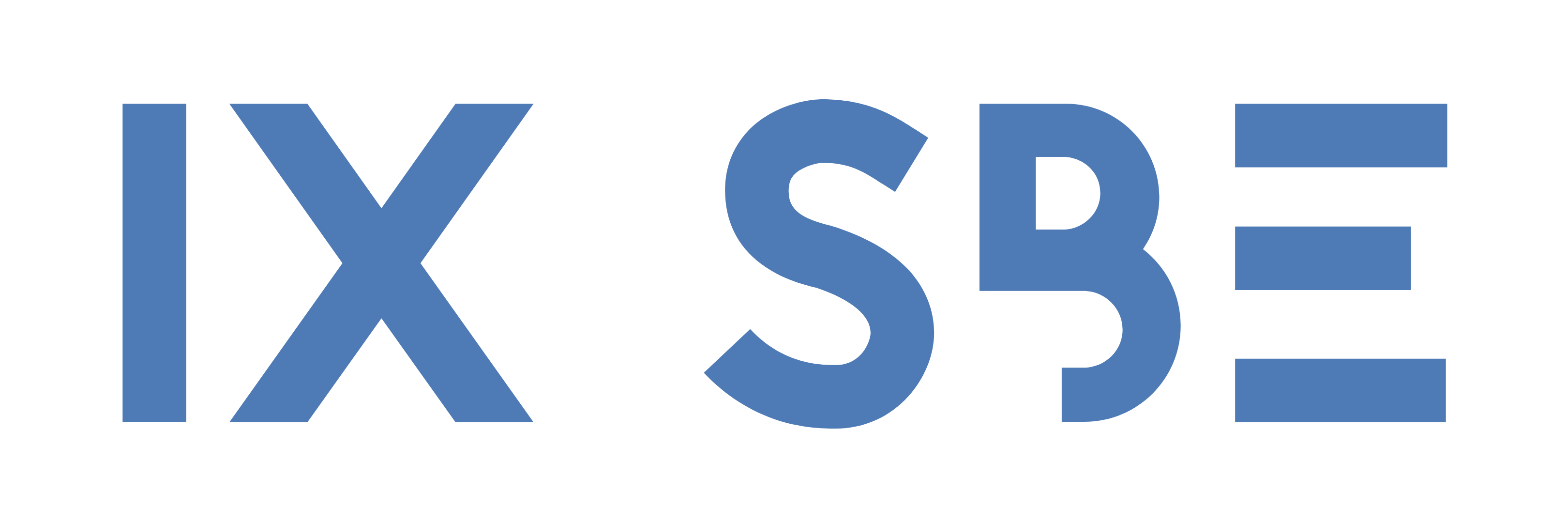
João Conde, PhD
João Conde is a Group Leader and Professor at NOVA Medical School, ToxOmics, Nova Medical Research, Universidade NOVA de Lisboa. In 2014, he received his PhD in Biology with a specialization in NanoBiotechnology from the Universidade NOVA de Lisboa and the Universidad de Zaragoza, as part of the FP7 European Consortium NanoScieE+-NanoTruck for the development of multifunctional gold nanoparticles for gene silencing. Following that, he was a Marie Curie Fellow at the Massachusetts Institute of Technology, the Harvard-MIT Division for Health Sciences and Technology, and Queen Mary University of London’s School of Engineering and Materials Science. From 2017 to 2019 he was a Junior Investigator at the Instituto de Medicina Molecular. In 2019, he won an ERC Starting Grant from the European Research Council to build a genetic biobarcode to profile breast cancer heterogeneity. He is also a co-founder of the biotech company TargTex, Targeted Therapeutics for Glioblastoma Multiforme. Since 2020, he is also part of the Global Burden of Disease (GBD) Consortium from the Institute for Health Metrics and Evaluation (IHME), University of Washington.
The main aspects related to the recognition and diffusion of his early contributions are: nearly 100 articles in journals of Cancer Therapy, Oncology, Nanotechnology/Materials Science and NanoMedicine (The Lancet, Nature Materials, The Lancet Oncology, Nature Nanotechnology, JAMA Oncology, Nature Communications, The Lancet Gastroenterol Hepatol, Nature Rev Methods Primers, PNAS, Accounts of Chemical Research, The Lancet Child Adolesc Health, Progress in Materials Science, ACS Nano, Advanced Materials, JACS, Angewandte Chemie, Advanced Functional Materials, Trends in Cancer, Trends in Biotechnology, Biomaterials, etc.), more than 30 articles are as 1st author and more than 45 articles as corresponding author and cited more than 7000 times (h-index 41). Several of them have been selected as cover pages for journals such as Nature Nanotechnology (COVID-19 Special Issue), The Lancet, The Lancet Oncology, ACS Nano, Adv. Functional Materials, Trends in Cancer, JACS, Angewandte Chemie, ACS Central Science, ACS Sensors, Biomaterials Science, ACS Applied Bio Mat, Adv. Healthcare Materials, Analytical & Bioanalytical Chemistry and BioTechniques. Furthermore, 8 international patents with relevant developments in nanomaterials-based platforms for cancer therapy and diagnosis were submitted and approved. He was also awarded several international awards, including the 2022 World’s Top 2% Scientists list by Stanford University, the Nanomaterials 2020 Young Investigator Award, the 2021 Biomaterials Science Emerging Investigator, the Top2% Most cited in Nanoscience/ Nanotechnology from PLOS Biology, the Wellcome Image Awards 2017, the Nano-Micro Letters Researcher Award, and the National Cancer Institute Image Award.
